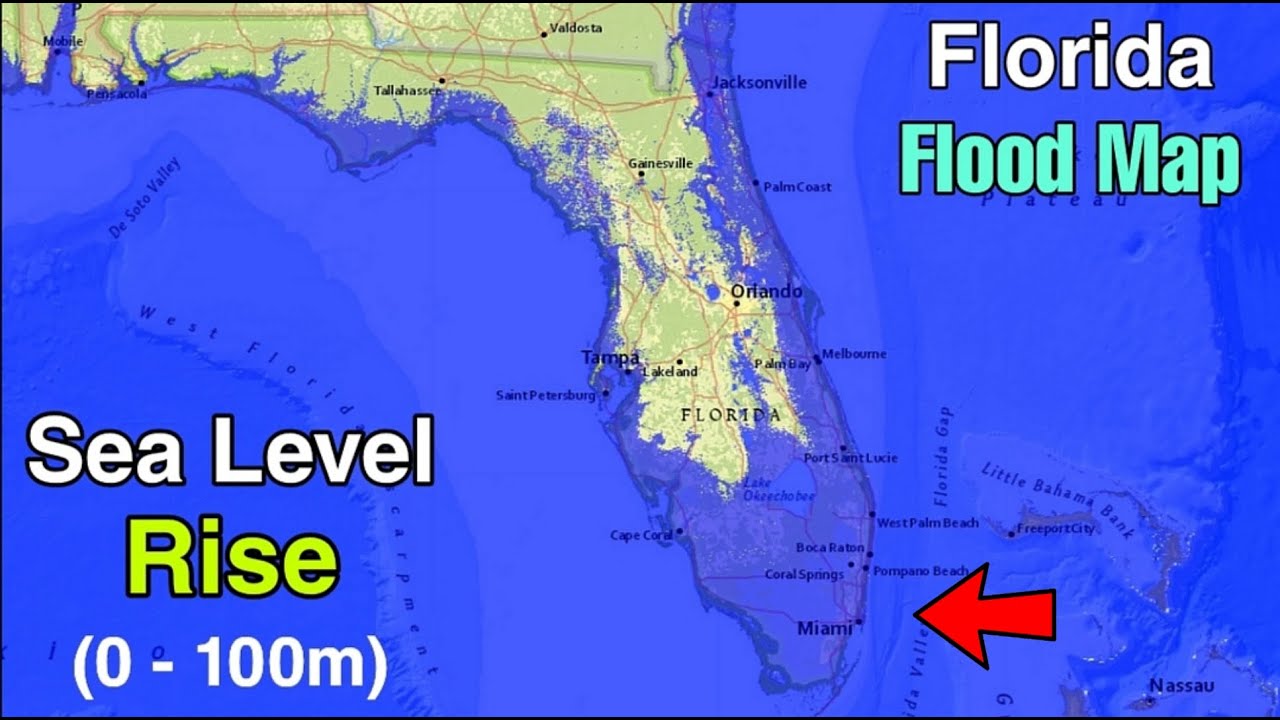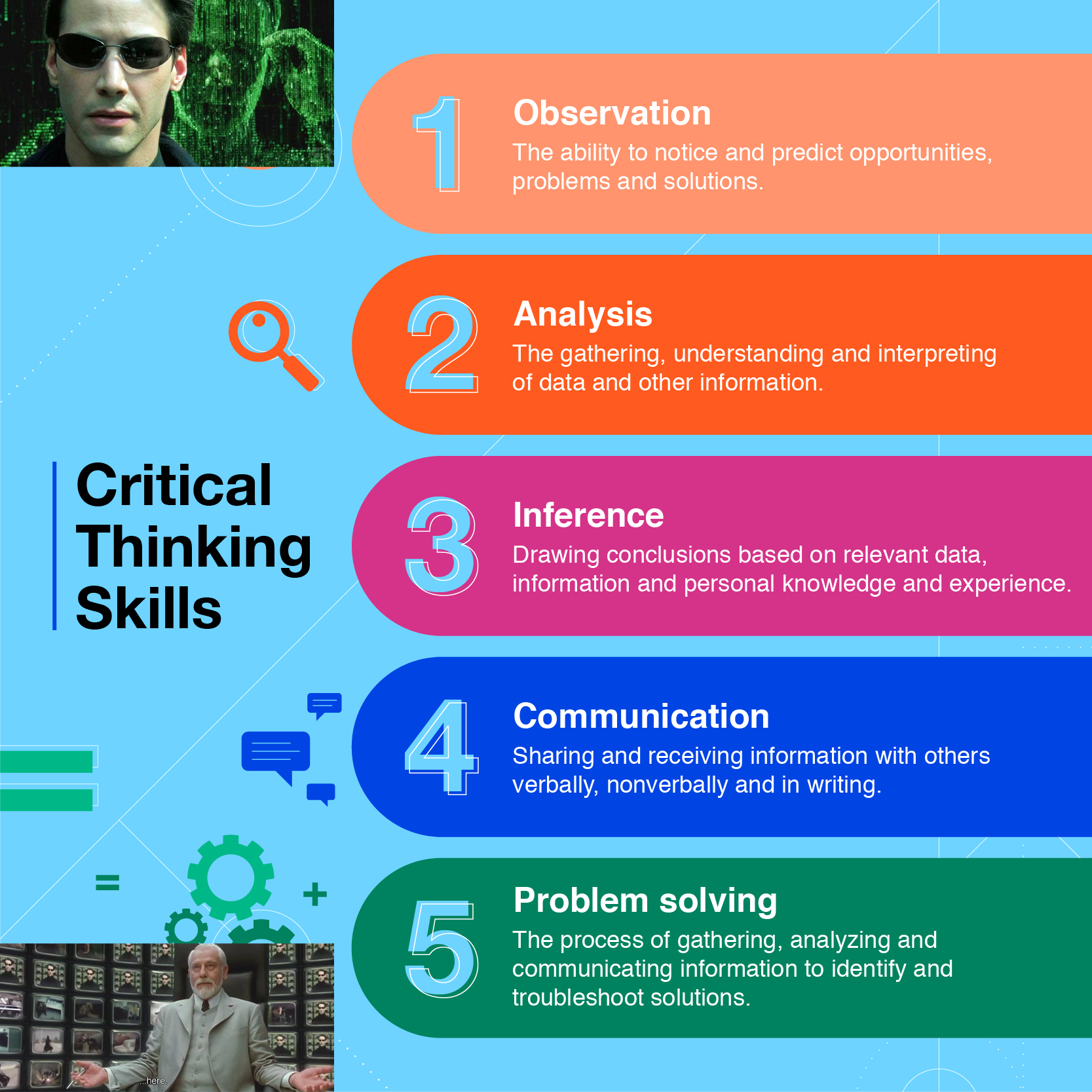
I. Living in the Eye of the Storm
Here in Florida, we don’t talk about climate change in the abstract. We live it. When the tide creeps higher each year, when insurance companies pull out and your cousin’s house floods for the second time, it stops being political. It’s personal.
I’m writing this not as a scientist, but as someone who’s had to mop sea water off their kitchen floor. As someone watching neighbors leave because they can’t afford to stay. As someone tired of hearing people say, “The climate’s always changed” while the Gulf of Mexico boils like a pot left on high.
II. What Climate Change Really Means
Let’s start with the basics. Weather is what’s happening today. Climate is what happens over decades. Climate change isn’t about whether it’s hot this week. It’s about how the baseline of what we consider “normal” is shifting dramatically—and fast.
Yes, the Earth’s climate has changed before. But not like this. What we’re experiencing now is rapid, global, and driven by human activity—especially burning fossil fuels that release heat-trapping greenhouse gases like carbon dioxide (CO2) and methane.
Think of it like putting a blanket over a campfire. The more you add, the more the heat gets trapped. That’s what CO2 is doing to our planet.
III. How Science Actually Works
One of the most misunderstood things today is how science works. People think if scientists change their minds, they’re lying or trying to manipulate you. But that’s exactly the opposite of the truth.
Science is not about dogma. It’s about evidence. Scientists make observations, form hypotheses, test them with experiments or data, and then revise their understanding based on what they learn. This is called the scientific method.
Imagine trying to predict a hurricane. You don’t get it right immediately. You update your models as new data comes in. That’s not flip-flopping—it’s refining. It’s improving.
So when climate scientists revise projections or update forecasts, they’re not backtracking. They’re doing exactly what good science demands: getting closer to the truth.
IV. Why the Facts Feel Like They’re Changing
It’s easy to feel overwhelmed. One year it’s droughts, the next it’s floods. One day you hear “global warming,” the next “climate change.” But all of this is part of a complex, interconnected system that we are still learning more about every day.
The truth is, the facts aren’t changing. Our understanding of them is deepening. Just like doctors learned more about COVID-19 over time, scientists are constantly updating climate models to be more accurate. That’s progress, not a plot.
V. America’s Future Depends on Critical Thinking
Right now, there’s a dangerous gap in this country—not just in wealth or ideology, but in understanding. The attacks on science, education, and experts aren’t just cultural grievances. They’re existential threats.
When citizens don’t understand how science works, they’re more likely to fall for disinformation. When we treat scientists like political opponents instead of public servants, we all lose.
And when we ignore climate change because we don’t understand it, we risk everything—our homes, our health, our children’s future.
VI. A Call to Reclaim Reason
Florida is a frontline state in this fight. But really, the whole country is under siege, from floods, horrible fires, droughts, and disinformation and division and attack on knowledge and reason.
If we, the people, want to save America, we need to start with the basics: science literacy. Critical thinking. Understanding the difference between a theory and a conspiracy.
Start asking better questions. Read the sources. Talk to real experts. Stop mistaking certainty for wisdom, and doubt for weakness.
The ocean doesn’t care about your politics. But it will swallow your house just the same.
If we want a future worth living in, we have to fight for truth like our lives depend on it.
Because they do.
Remember, the future is where we will all spend the rest of our lives, let’s make it a good one.
-Victor, a Florida native, writer, and advocate for science, reason, and resilience in the face of rising seas.


